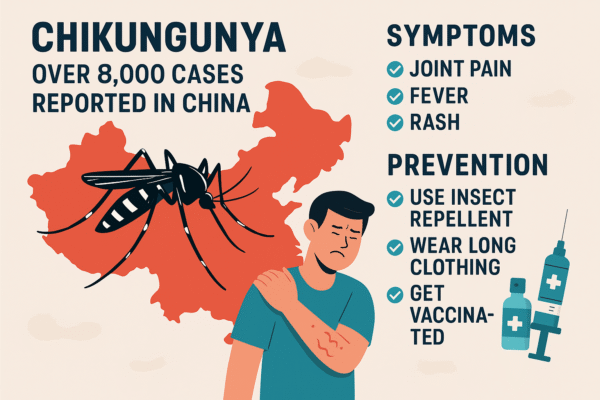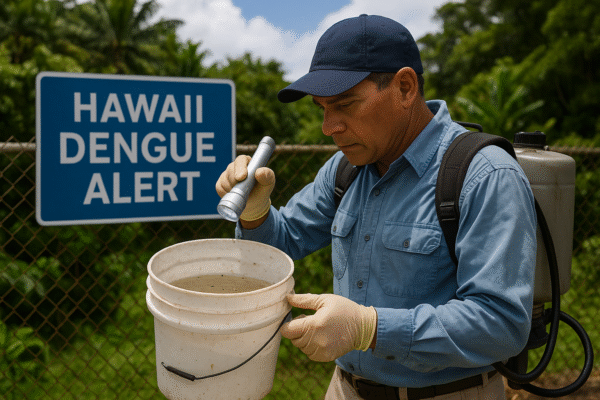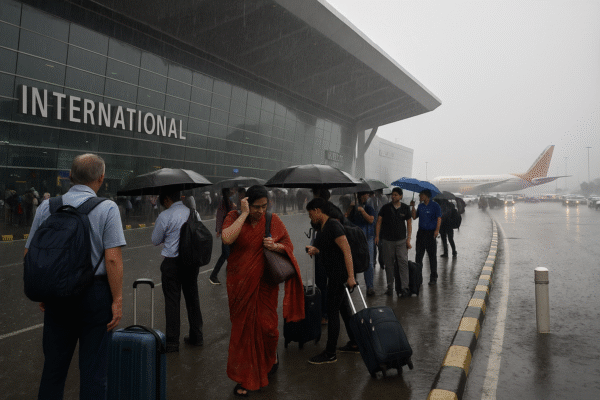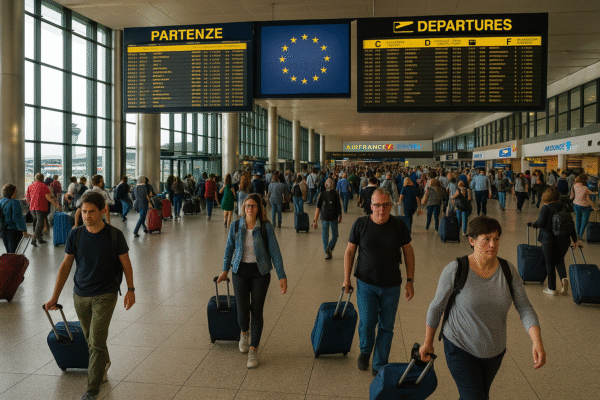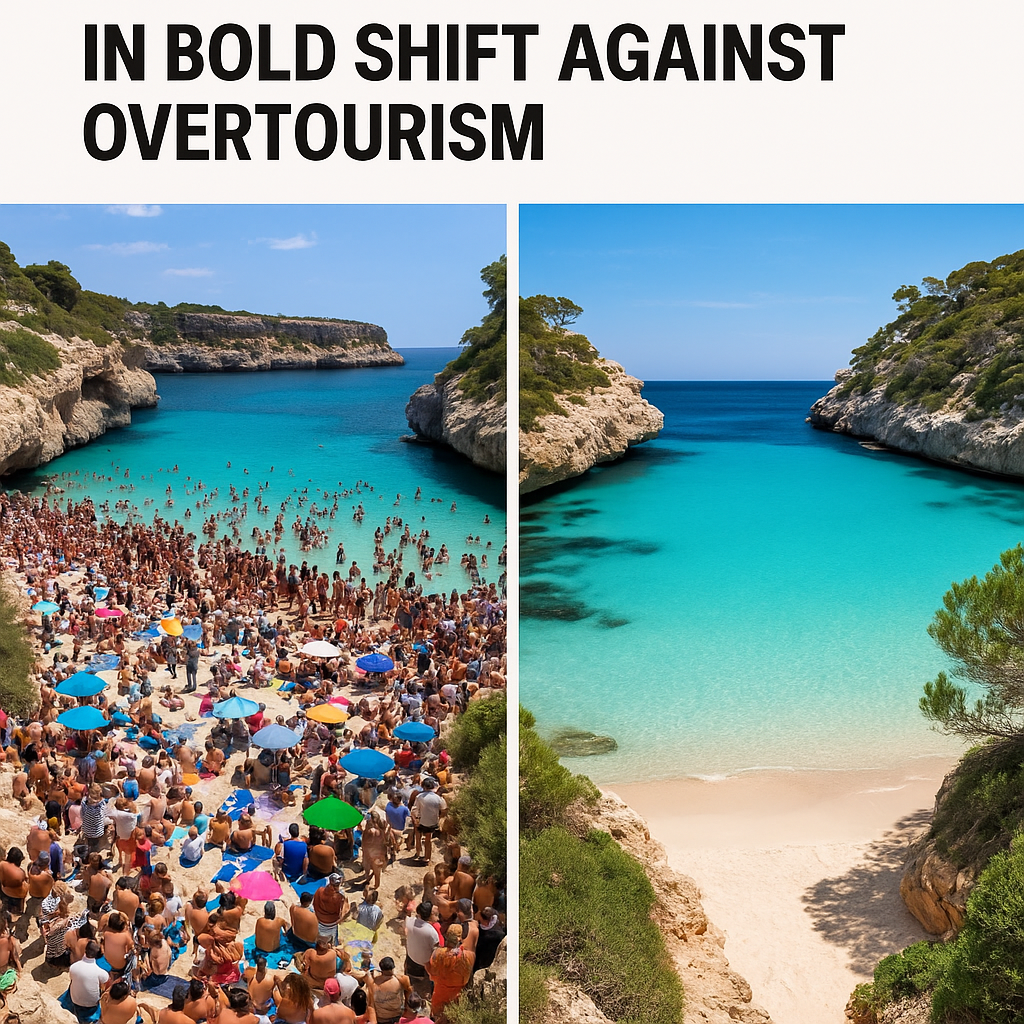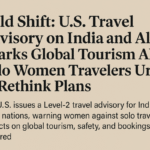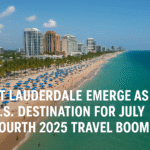Mallorca Joins Europe’s Tourism Giants to Rethink Summer Travel as Overtourism Reaches Breaking Point
In a landmark shift reshaping the future of European tourism, Mallorca has joined a growing list of iconic destinations—including Venice, Paris, Santorini, Dubrovnik, and Amsterdam—that are taking bold action against overtourism. Once eager to attract international visitors at all costs, these cities and islands are now pushing back to protect their heritage, ecosystems, and residents from the pressure of unchecked summer crowds.
This summer, Mallorca is sending a clear message: mass tourism, in its current form, is no longer sustainable.
A European Reckoning on Overtourism
From the cobbled alleys of Florence to the cliffside paths of Santorini, beloved European destinations are overwhelmed by the sheer volume of tourists descending on them each high season. Infrastructure is strained. Housing costs soar. Local populations shrink. And ecosystems—especially fragile coastal and alpine environments—are beginning to collapse under the pressure.
In response, destinations are uniting in purpose. Venice has introduced a tourist entry fee on peak days. Amsterdam has banned new hotel construction and increased tourism taxes. Paris is grappling with congestion near major landmarks. And Mallorca has emerged as a key voice in this growing movement.
Mallorca’s Viral Beach Crisis: Caló des Moro
One of the starkest symbols of the problem is Caló des Moro, a picturesque cove on Mallorca’s southeastern coast. With space for just 100 visitors, the beach exploded in popularity after viral TikTok and Instagram posts glamorized it as a secret paradise. Last summer, it saw up to 4,000 daily visitors and over 1,200 vehicles, despite having no toilets, shade, or amenities.
The result was chaos—scorched visitors, clashing with locals, and permanent damage to marine and plant ecosystems. A grassroots protest by local group Mallorca Platja Tour highlighted the frustration, with demonstrators blocking access and demanding reforms.
Marine biologists confirmed their worst fears: dunes were eroding, native species trampled, and marine life disturbed. The government was forced to remove the beach from all tourism promotions.
A Strategic Pivot: Promote the Right Places at the Right Time
Mallorca’s tourism authorities, along with their counterparts in Ibiza, Menorca, and Formentera, are reworking strategy in 2025. The new focus is on decongesting summer hotspots, encouraging off-season visits, and redistributing tourists to areas with infrastructure to support them.
Ibiza, for instance, will cap rental and tourist vehicles at 20,000 per day during peak months. Menorca has banned anchoring near seagrass meadows, and Formentera will maintain seasonal vehicle quotas.
Rather than closing off paradise, officials aim to safeguard it. Smart parking systems, real-time visitor monitoring, and improved signage are being implemented to manage crowd flow. At Cala Deià, police now monitor arrivals and stop new entries once capacity is reached.
Meanwhile, larger beaches like Es Trenc—with two kilometers of sand, lifeguards, and ample parking—are being promoted as crowd-ready alternatives to fragile coves.
Social Media vs. Sustainability
One of the biggest drivers of overtourism is digital virality. Platforms like Instagram and TikTok generate sudden demand spikes that destinations struggle to manage. A single influencer post can lead to thousands descending on a site unprepared for high footfall.
To combat this, tourism boards across Europe are adopting responsible marketing guidelines. Rather than chasing online fame, they’re encouraging meaningful, informed travel. This includes spotlighting lesser-known destinations, promoting cultural immersion, and emphasizing environmental protection.
Island and City Responses Across Europe
Other European destinations are making similar moves:
- Santorini, Greece: Faced with cruise traffic exceeding 10,000 passengers per day, the island is evaluating caps and has introduced cruise taxes to mitigate impact.
- Dubrovnik, Croatia: Overrun by Game of Thrones tourism, the city has slashed cruise arrivals and restructured its visitor management to protect heritage sites.
- Reykjavik, Iceland: Struggling with seasonal overload, authorities are promoting inland attractions and expanding visitor services beyond the capital.
- Hallstatt, Austria: With just 700 residents and thousands of daily tourists, officials have installed gates and reduced bus traffic.
- Venice, Italy: A new €5–€10 visitor fee is in place for day-trippers, designed to reduce crowding during festivals and peak weekends.
Redefining the Mediterranean Travel Model
In 2025, Mallorca and its peers are not shutting the door on travelers—they’re redefining what access looks like. That means asking tourists to come during spring or autumn, to stay longer, to respect local customs, and to avoid the “must-see” frenzy that overwhelms infrastructure.
Tourism remains a vital economic lifeline. But the future belongs to those who explore consciously.
A Shared Responsibility
Sustainable travel isn’t just the job of governments. Tour operators, airlines, cruise lines, and social media influencers all have a role to play. Travelers must also evolve—choosing offbeat paths, supporting local businesses, and trading instant gratification for lasting cultural exchange.
As Caló des Moro’s story shows, the cost of a single viral post can ripple far beyond a selfie. But so can the power of awareness. If destinations like Mallorca succeed, they could inspire a blueprint for the future of global travel.
Because if over tourism is the crisis, mindful travel is the cure.
For more travel news like this, keep reading Global Travel Wire





